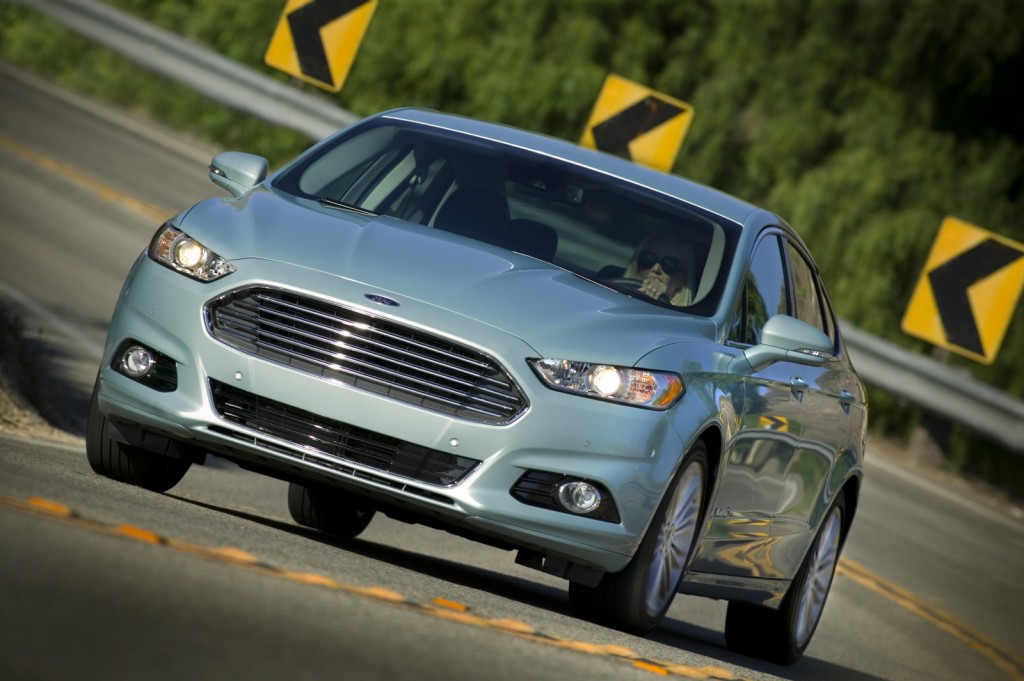Many countries have adopted green-car incentives as a way to combat air pollution and lower oil consumption, and they tend to focus on electric cars, plug-in hybrids, and hydrogen-fuel cell vehicles.
These incentives help encourage the adoption of more-efficient cars, and act as a counterweight to negative factors like cost and the lack of supportive infrastructure.
DON'T MISS: Driving Entirely On Ethanol: Brazil’s Volkswagen Gol Flex-Fuel Vehicle
However, officials in Brazil apparently see things differently.
The Brazilian government recently announced a green-car incentives program that excludes electric cars and plug-in hybrids, according to a recent Just-Auto blog post (subscription required).
The program cuts import duties on new hybrid cars, but does not include any tax breaks or other perks.

2015 Lexus CT 200h
Recent droughts have lowered water levels in the dams that feed hydro-electric power plants, forcing Brazil to look for other methods of electricity generation.
In the meantime, officials believe it may be not be possible to guarantee enough electricity-generating capacity, and claims it doesn't want to tax the grid.
RELATED: PG+E Data: Electric Cars Have Almost No Grid Impact So Far
The effect of electric cars on the grid has been a topic of considerable discussion in the U.S. as well, feeding concerns that a large number of electric cars will increase demand for electricity and overwhelm the electricity infrastructure.
Yet that hasn't happened so far. There simply aren't enough electric cars to have a noticeable effect.
Electric cars make up a small percentage of the vehicles on U.S. roads, and that's likely to be the case in Brazil for the time being as well, either with incentives or not.

2014 Ford Fusion Hybrid
Regardless of the reasoning, with plug-in cars out, it seems hybrid owners will be the primary beneficiaries of the government incentive program.
ALSO SEE: Electric-Car Incentives Vary Globally--A Lot--But Generally Work
Hybrids with no plug-in capability will be eligible for a reduction in import duties, normally 35 percent of a car's value. That will be slashed to between zero and seven percent, depending on the model.
This program will last until December 31, 2015, after which the Brazilian government is expected to replace it with a more-inclusive incentive scheme that could encompass plug-in hybrids, electric cars, and models manufactured in Brazil.
_______________________________________________












